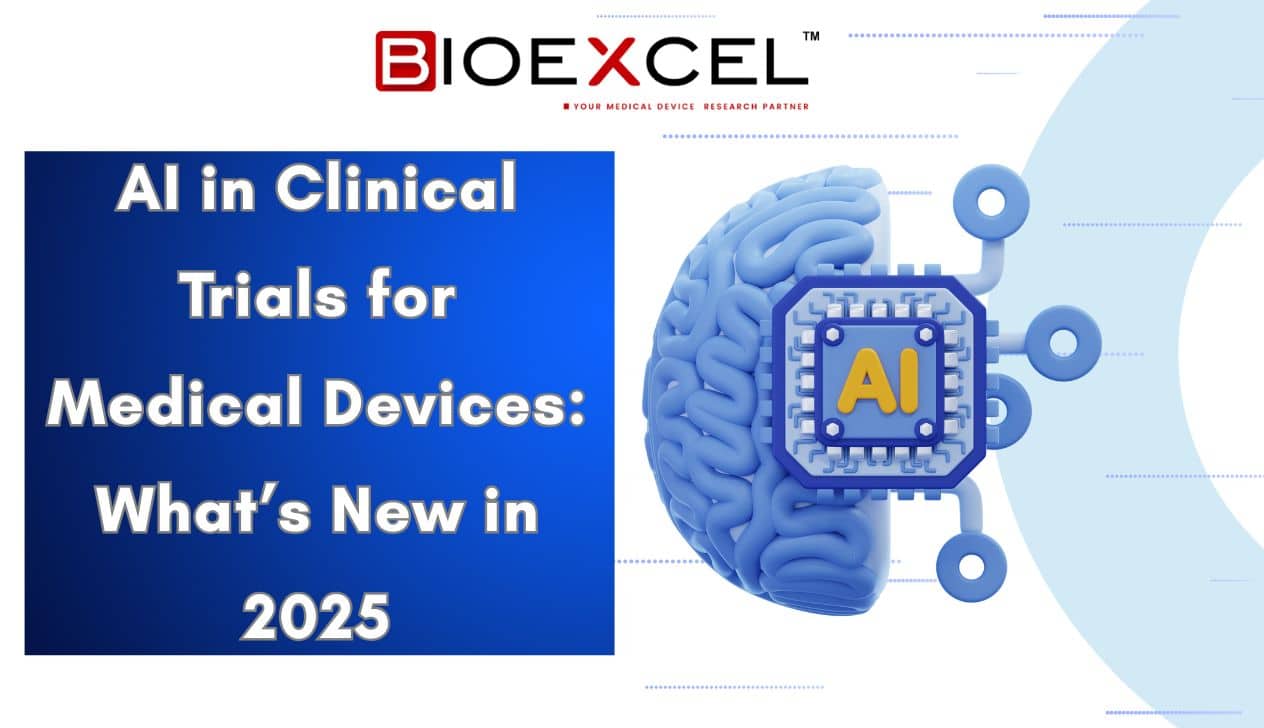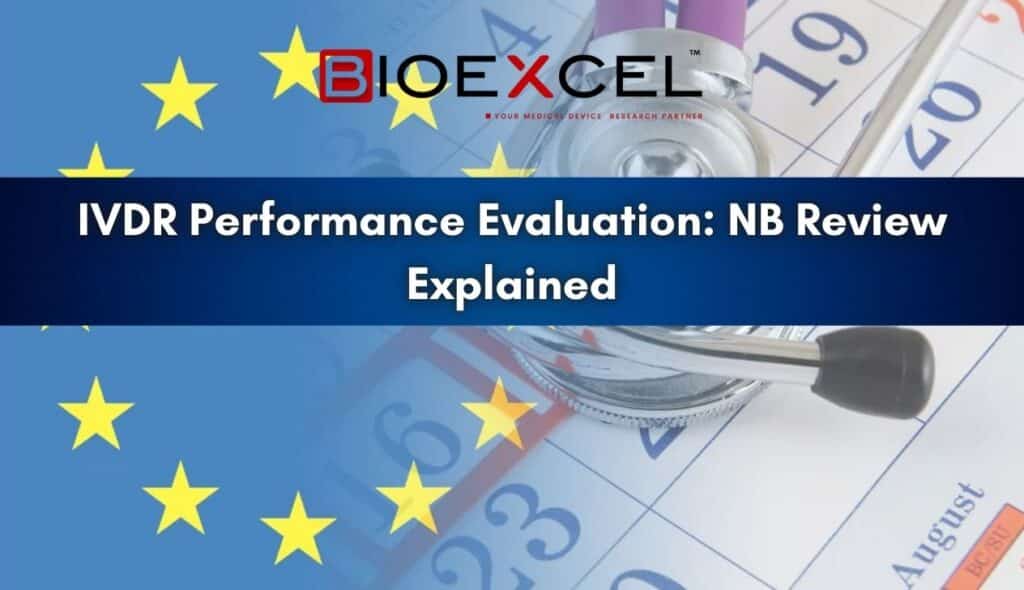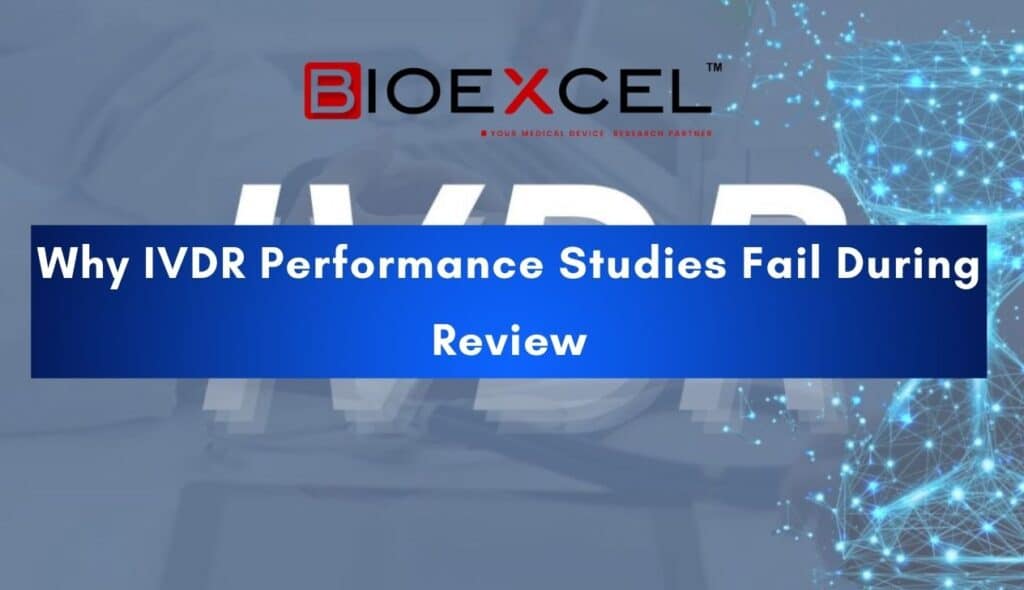Clinical trials for medical devices are undergoing a transformation thanks to artificial intelligence (AI). From designing smarter studies to speeding up patient enrolment and crunching vast datasets, AI is helping device makers and researchers conduct trials more efficiently and adaptively.
This post explores how AI is being applied in trial design optimisation, patient recruitment, data analysis, predictive modelling, real-world data integration, and adaptive monitoring. We also highlight recent case studies (2024–2025) and emerging regulatory guidance from bodies like the FDA and EMA. The goal is to show medical device manufacturers, clinical researchers, and regulatory professionals how AI tools can be strategically leveraged in modern device trials.

Smarter Trial Design
AI-powered simulations and digital twins help sponsors test trial scenarios before enrolling patients. This reduces protocol amendments and even enables synthetic control arms, cutting recruitment needs and costs.
Faster Patient Recruitment
Recruitment is often the biggest bottleneck. AI tools now scan EHRs, registries, and unstructured clinical notes to match patients quickly and accurately. Platforms like IQVIA’s recruitment AI have already cut timelines significantly while improving diversity.
Real-Time Data Analysis
Wearables, connected devices, and imaging generate massive datasets. AI algorithms analyze this data in real time, detecting anomalies, predicting adverse events, and improving endpoint sensitivity. This ensures higher-quality evidence and better patient safety.
Real-World Evidence Integration
AI enables regulators and sponsors to use real-world data (RWD) for external controls and post-market studies. In fact, the FDA has already accepted RWD-based evidence for device approvals, signalling a shift toward AI-enabled evidence generation.
Adaptive Monitoring
Risk-based monitoring (RBM) is now supercharged by AI. Algorithms flag suspicious site activity, protocol deviations, or safety signals far earlier than manual review, keeping trials compliant and cost-effective.
Regulatory Landscape
- FDA (2025): New draft guidance requires sponsors to show transparency, bias control, and validation when AI is used in device trials or submissions.
- EMA (2024): Advocates a human-centric, risk-based approach, aligning with the EU AI Act.
What This Means for Device Companies & CROs
For sponsors, adopting AI means faster, leaner, and more reliable trials. For CROs like Bioexcel, it’s an opportunity to offer AI-driven recruitment, monitoring, and data analytics as core services, helping clients bring devices to market with stronger evidence and fewer delays.
Conclusion
Artificial intelligence is rapidly becoming a cornerstone of modern clinical trials for medical devices. As we’ve seen, AI can optimise nearly every trial aspect: it designs smarter protocols through data-driven simulations, finds and engages patients more effectively, analyses complex data with greater accuracy, and keeps trials on track via predictive monitoring.
The past two years have provided real-world proof of these benefits – from faster recruiting in 2024 trials to the first AI-assisted regulatory approval of device indications. At the same time, regulators like the FDA and EMA are actively shaping guidelines to ensure AI’s integration upholds patient safety and data integrity. For device manufacturers and researchers, the takeaway is clear: AI is not just a buzzword but a practical toolkit to accelerate trials and improve outcomes, provided it’s used responsibly.












